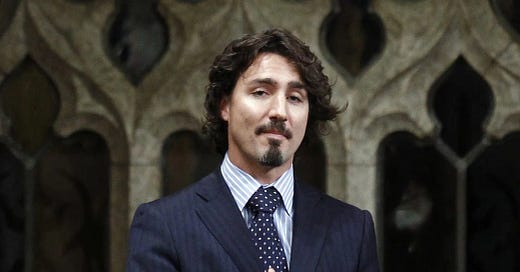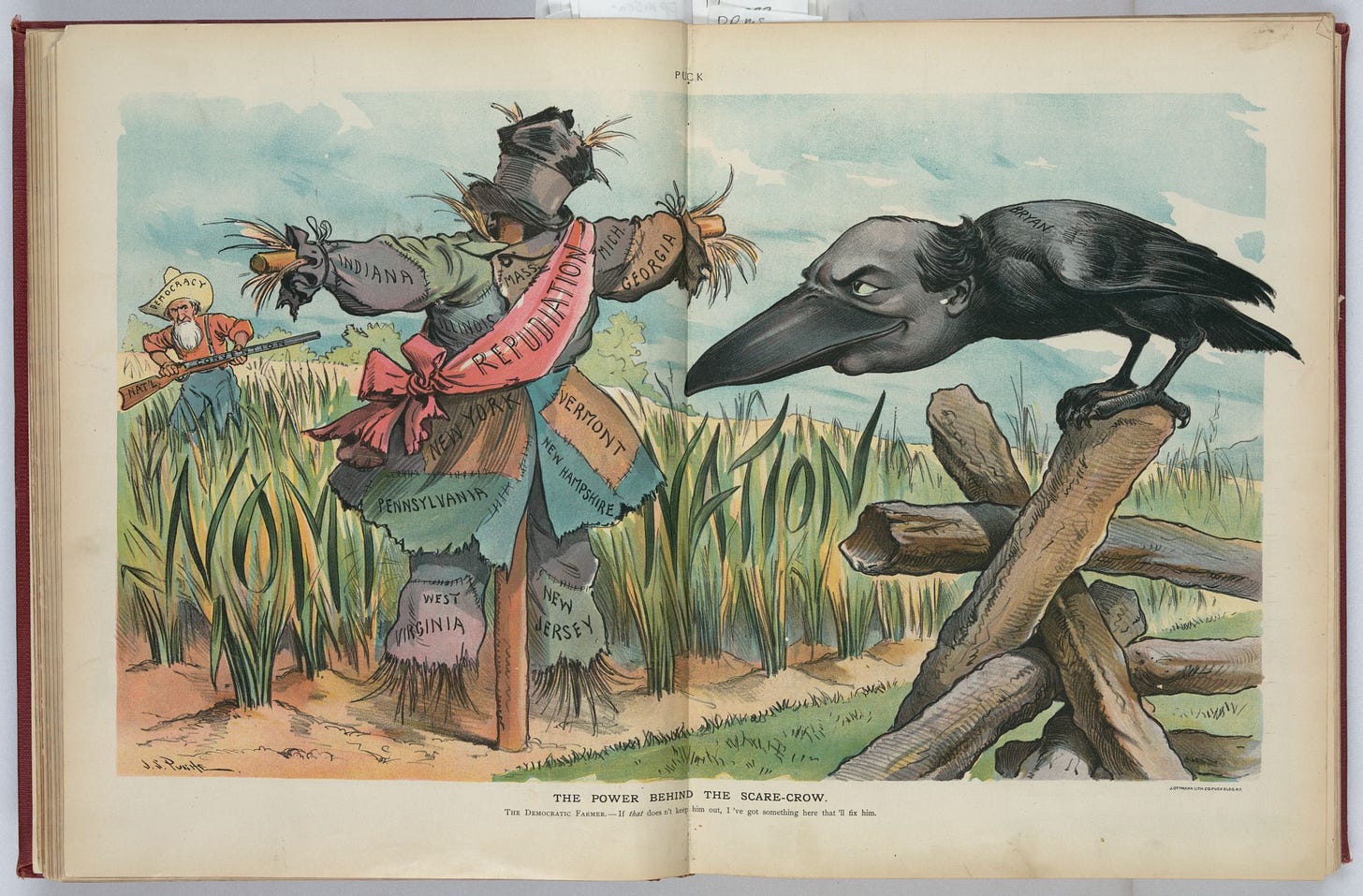How do you like Justin Trudeau being the Boss of Canada?
Understanding Canadian Politics: It's Not About Bosses
There's a big problem in how Canadians understand politics. Many people think of elected politicians like bosses - the mayor runs the city, the premier runs the province, and the prime minister runs the country. This view is pretty common, but it's way off.
Justin Trudeau is not Your Boss… or Anyone’s
Maybe it's a working-class mindset - everyone has a job and everyone has a boss who they love to hate because it unites workers commiserating with a kind of common enemy. So by this thinking the mayor is the boss of the city, the premier is the boss of the province and the prime minister is the boss of the country.
Politicians aren't like bosses at all. Their jobs are more about representing ideas than giving orders. They can't just hire and fire people, write cheques, or make big decisions on their own. They're part of a system with lots of checks and balances including staff, advisors, parties, the public, and the media. That’s a lot of critics and overseers. If they don’t suit us anymore we just pick someone new. They have the most precarious jobs in the world. And they usually don’t have them for long. These elected folks hold these largely symbolic jobs for a very brief time. If something happens to them, we simply get someone else chosen, not at random, but with a mathematical voting system that is far different from the rise of a business owner or the hiring of a CEO.
The misunderstanding here is causing a lot of problems. People are getting cynical and disengaged because they think politicians have all this power they don't actually have. If more Canadians understood how our political system really works, we'd probably have better conversations about politics and make better choices at the ballot box.
What we need is better education on this stuff. If people knew more about the real roles and limits of politicians, there'd be less frustration and more productive discussions. It's not just about knowing facts; it's about understanding how our government works. This is important for keeping our democracy healthy and making sure we're all on the same page about what our leaders can and should do.
One of our oldest and most important political symbols
The Straw Bosses of Canadian Politics
The term "straw man" refers to a common form of argument and is a logical fallacy. It involves creating a distorted or simplified caricature of an opponent's argument (the "straw man"), which is easier to attack or refute than the opponent's actual position. The term originates from the idea of a scarecrow, which is made of straw and only superficially resembles a human being doing the work of a real farmer in a field – it's a weak imitation that can be easily knocked down.
A "straw boss" is a worker who has been given a small amount of authority over other workers but is not a full-fledged boss. The term likely derives from the idea that their authority or substance is somewhat insubstantial, like straw, which is light and easily broken.
Both terms use "straw" as a metaphor for something that lacks substance or strength. In the case of the "straw man," the argument is insubstantial or easy to knock down, while in the "straw boss," the authority is limited or not fully robust.
Both terms imply a certain degree of inadequacy or lack of genuine power. A straw man argument doesn't hold up under serious scrutiny, and a straw boss doesn't wield significant authority.
In traditional terms, a straw boss is a middleman, someone who seems to have authority but actually has very limited power. They're the go-between for workers and the real bosses. This metaphor fits well with Canadian politicians.
Like a straw boss, politicians might seem like they're in charge, but they're really just one part of a bigger system. They don't have the power to make big decisions alone. They can't hire and fire at will or control budgets single-handedly. They're more like coordinators or representatives than true bosses. Their role involves negotiating, representing public interests, and working within established rules and structures.
This misconception leads to unrealistic expectations and cynicism. People expect politicians to make changes that they can't actually make on their own. Understanding the limits of their power is key to having a realistic view of politics.
Still, this doesn’t mean the elected officials aren’t important or the selection process isn’t crucial. Elected leaders of cities, provinces, and countries represent our imagining of where we want to go, our hopes for the future, and our shared – often deeply compromised understanding of how we can get there together. Only once in a while can leaders represent a clear and singular vision. Most of the time they are trying, and inevitably failing to balance many competing interests. Sometimes the leader’s position and power of persuasion is more mischievous than helpful.
Ultimately, it is democracy’s purpose and possibly sole redeeming feature to peacefully, quickly, and formally remove leaders from power whose mandate has soured, so that we can get on to the next, newer, and hopefully better idea. The question then becomes, if by definition the political leader’s career will be short, brutal, and inevitably end in tears, why on earth would any citizen stand for public office? Getting an understanding of that is the highest degree of citizenship.
Here's a list of people and positions that are more like Bosses in government and probably have a more direct impact on your daily life, health, and finances than the Mayor, Premier, or Prime Minister. If you don’t know the names of any of these people you are not alone, but nor are you in a good position to rail against the Prime Minister, Premier, or Mayor.
Some of the People With The Power
Head of Bank of Canada
Chief Justice of the Supreme Court of Canada.
Clerk of the Privy Council
All Deputy Ministers
Minister of Finance
City C.A.O. (Chief Administrative Officer)
Ethics commissioner
Head of the Public Service Alliance Union
Lobbyists
PMO Chief of Staff
Party Executive teams of each political party
The Voting Public






